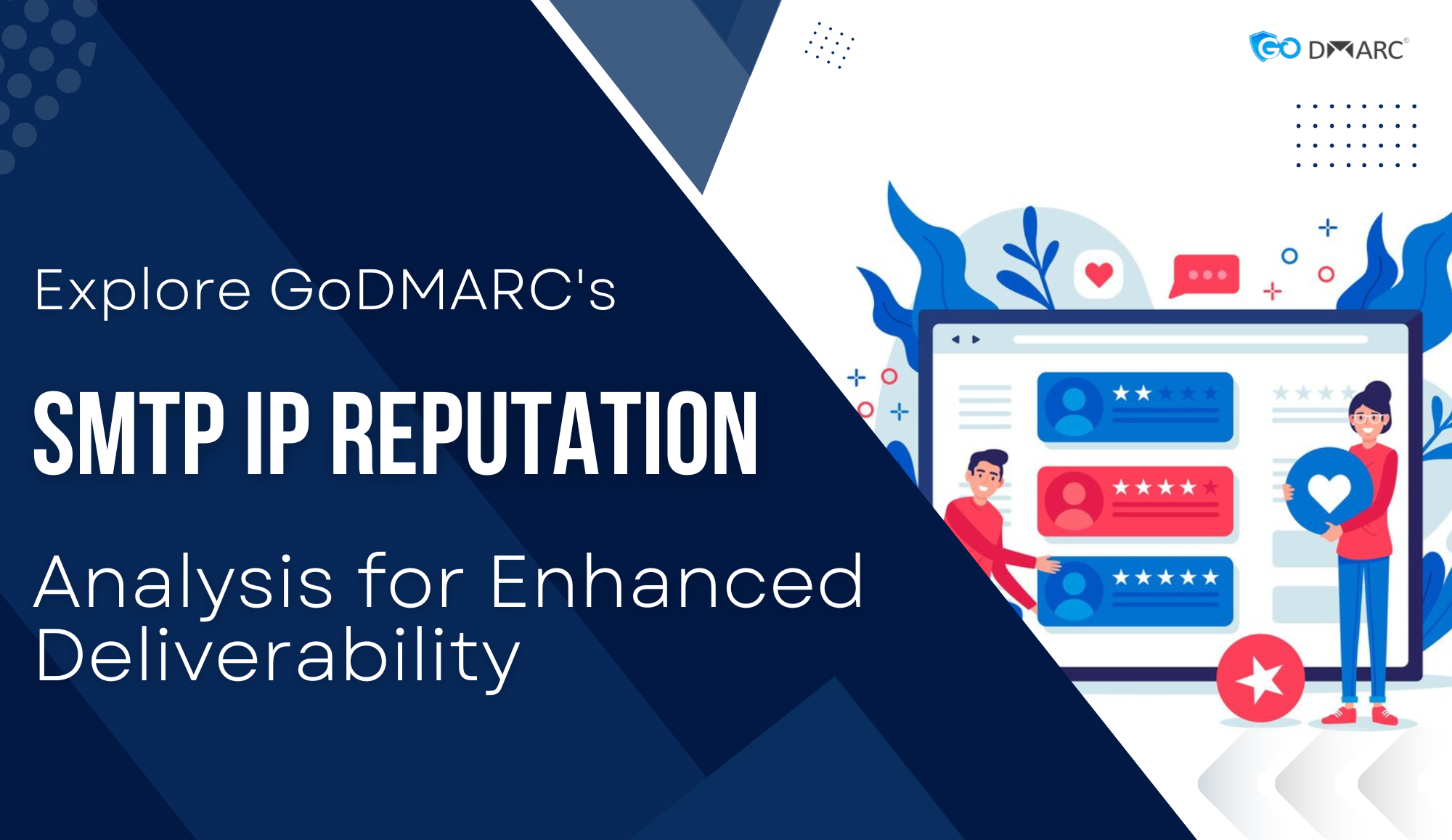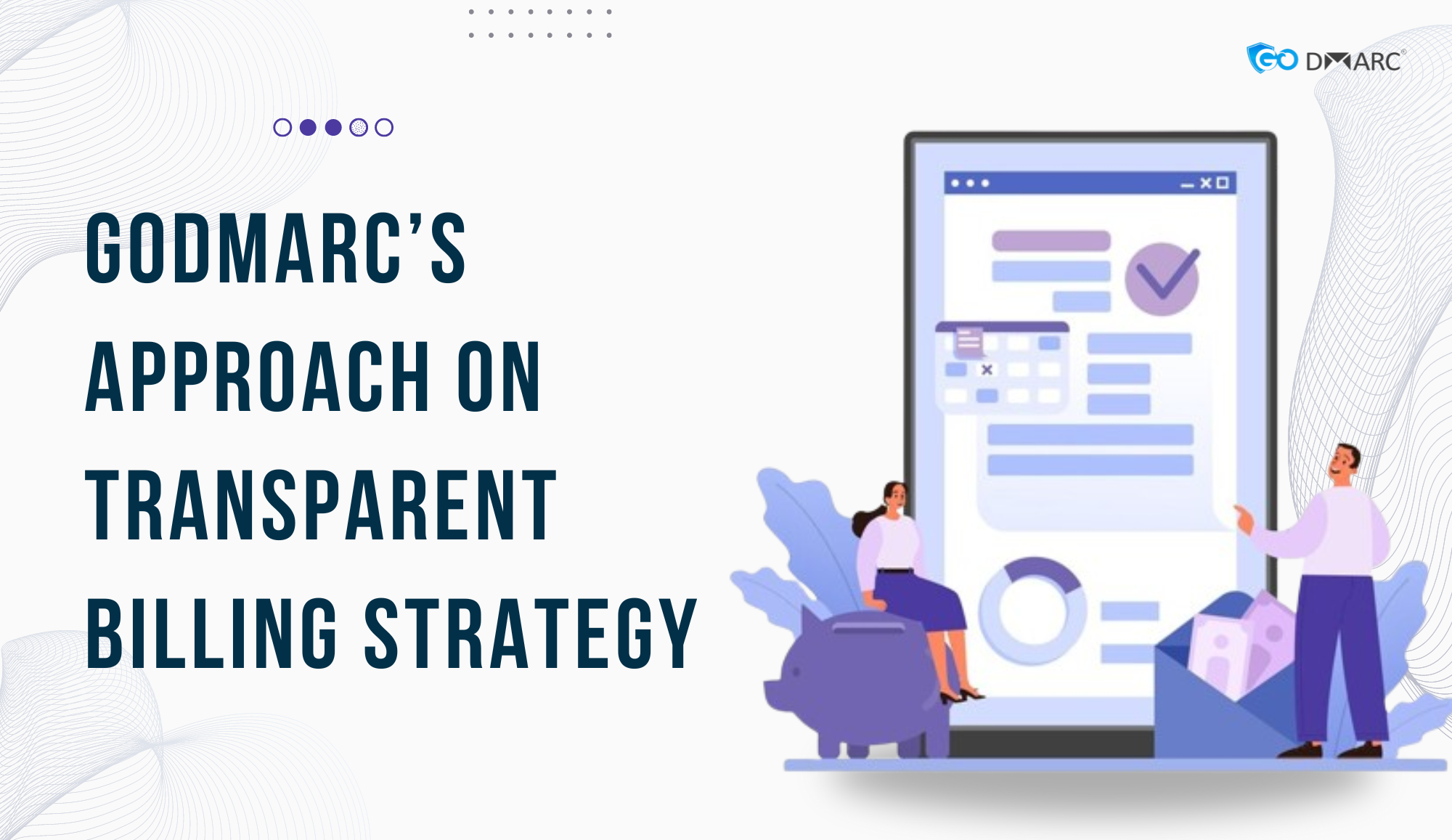Over the recent years, Office 365 has emerged as a game-changer, redefining the way businesses operate and collaborate. With its suite of powerful tools and cloud-based capabilities, Office 365 offers a seamless environment for productivity and communication. However, as businesses increasingly rely on this platform, the importance of safeguarding their email ecosystem becomes paramount. This is where a Domain-based Message Authentication Reporting and Conformance (DMARC) provider steps in to elevate your Office 365 experience to new heights of security and reliability.
TABLE OF CONTENTS
How does Office 365 Work?
Office 365, Microsoft’s flagship cloud-based productivity suite, has reimagined the traditional office environment. With applications like Word, Excel, PowerPoint, and cloud-based storage on SharePoint and OneDrive, Office 365 enables businesses to collaborate seamlessly across geographies.
It streamlines communication with Exchange Online, offering enterprise-grade email services that integrate seamlessly with other Office applications. The convenience, scalability, and mobility it offers have made it an indispensable tool for organizations of all sizes.
What are the Vulnerabilities in Email Communication?
While Office 365 provides a robust environment for communication, email remains a prime target for cyber threats. Phishing attacks, domain spoofing, and email impersonation have become more sophisticated, threatening the integrity and security of email communication. Cybercriminals exploit vulnerabilities, often tricking recipients into revealing sensitive information or transferring funds to fraudulent accounts. These attacks can tarnish your brand reputation, compromise customer trust, and result in financial losses.
Elevating Email Security with DMARC
DMARC is a framework that adds a powerful layer of email authentication and security to your domain. It aligns with the existing authentication methods, SPF and DKIM, to verify the legitimacy of incoming emails.
DMARC enables domain owners to set policies that specify how email providers should handle unauthenticated or suspicious emails. It also provides valuable feedback about the email ecosystem, helping organizations take proactive measures to combat phishing attempts and domain spoofing.
Why DMARC Matters for Office 365 Users?
- Protecting Brand Integrity: GoDMARC shields your domain from domain-based attacks, preserving the integrity of your brand. It prevents cybercriminals from using your domain to send fraudulent emails, protecting your customers and partners from falling victim to scams.
- Combatting Impersonation Attacks: DMARC prevents email impersonation, a common tactic in phishing attacks. By authenticating your emails, it ensures that recipients can trust the source of the communication, reducing the risk of falling for impersonation attempts.
- Enhancing Deliverability: It increases your email deliverability rate. As your authentication mechanisms are in place, email providers are more likely to route your legitimate emails to the recipients’ inboxes, reducing the chances of your messages being flagged as spam.
- Gaining Actionable Insights: A DMARC provider offers detailed reports on email authentication and delivery. These insights help you monitor your email ecosystem, detect anomalies, and take prompt action against unauthorized senders.
- Safeguarding Sensitive Data: For organizations dealing with sensitive information, DMARC prevents unauthorized access to confidential emails. This is especially crucial for industries like finance, healthcare, and legal services.
- Regulatory Compliance: DMARC can assist in meeting regulatory requirements by ensuring secure email communication. It aligns with data protection regulations and industry standards.
- Real-time Threat Response: DMARC providers offer real-time alerts and notifications for potential threats. This allows you to take immediate action in case of suspicious activity, minimizing the impact of attacks.
What is the Role of a DMARC Provider for Office 365 Users?
While Office 365 provides robust tools, it’s essential to recognize that DMARC isn’t a built-in feature. This is where a dedicated DMARC provider comes into play. A reputable DMARC provider offers a comprehensive suite of tools and services tailored to your organization’s needs:
- Easy Setup: Setting up DMARC can be complex, but a provider simplifies the process. They guide you through the configuration, ensuring that your DMARC policy aligns with your organization’s email practices.
- Threat Analysis: In case of unauthorized activities, a DMARC provider offers threat analysis and support. This includes identifying the source of attacks, preventing further breaches, and mitigating potential damage.
Summing Up!
Every organization’s email ecosystem is unique. A DMARC provider tailors your DMARC policy to your specific requirements, ensuring optimal protection without disrupting legitimate email flow.
GoDMARC is one of the leading DMARC providers that offer expert support to address your queries and concerns promptly. They assist in policy configuration, interpretation of reports, and overall email security strategy.
We understand that every organization’s email ecosystem is unique. Due to this GoDMARC tailors your DMARC policy to your specific requirements, ensuring optimal protection without disrupting legitimate email flow. Sign up for a free trial of 10 days to know what we offer!
FAQs
Q1. How does DMARC work in conjunction with Office 365?
A) While Office 365 provides a secure environment, it doesn’t inherently implement DMARC. By using a DMARC provider, you strengthen Office 365’s security. DMARC helps validate the authenticity of outgoing emails from your domain, ensuring that they are not used for phishing or other malicious activities.
Q2. What are the risks of not using a DMARC provider with Office 365?
A) Without a DMARC provider, your domain becomes vulnerable to phishing attacks, email impersonation, and domain spoofing. Cybercriminals can exploit these vulnerabilities to deceive your customers, partners, or employees, resulting in compromised data, brand damage, and financial losses.




